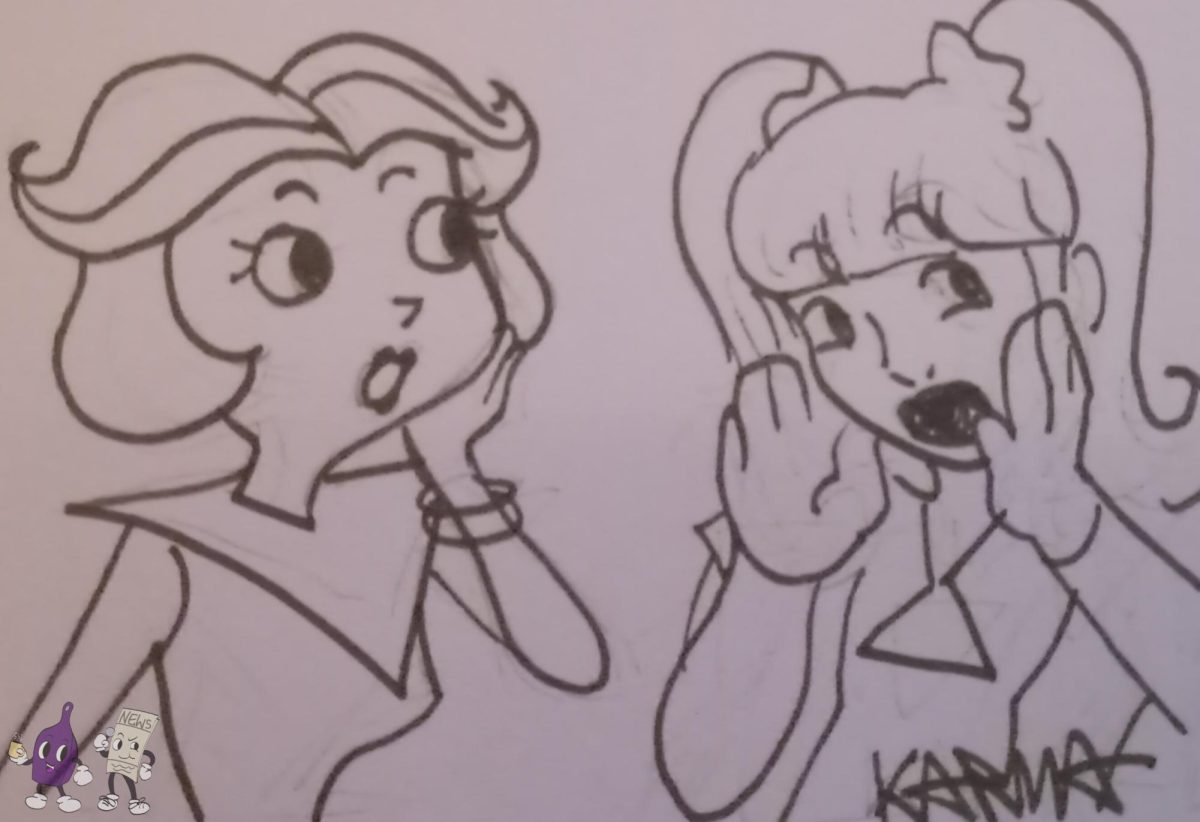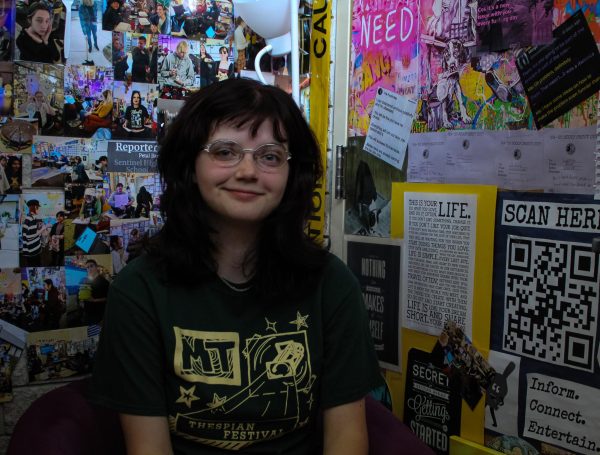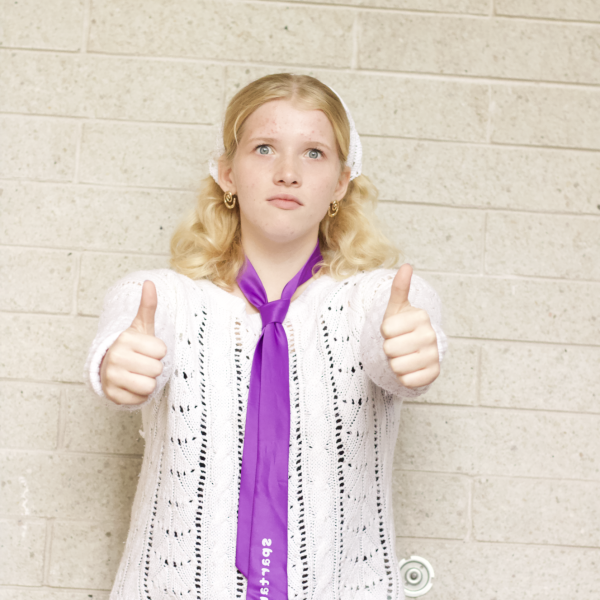Chrome. Flying cars. Shiny, happy people. The future is here!
A lot of the most common ideas of the future have stemmed from the movies and shows seen on TV. From The Jetsons (1962), to The Terminator (1984), the message of what’s to come varies depending on who is delivering it. To understand how movies and TV shows influence people’s perspectives, the messages within have to be revealed. In the case of The Terminator, the message isn’t exactly a comforting one.
The futuristic world of The Terminator is dark and grim. Humans live in hiding from the artificial intelligence that’s taken over, scared of being found and killed just for being human. Worst of all, humans were the one to enable robots to become so intelligent and murderous.
In the sequel, Terminator 2: Judgment Day (1991), it is revealed that the evil AI Skynet was created in a lab named Cyberdyne by human scientists and engineers. Skynet was created to control the United States’ nuclear weapons, but when its creators realized it had gained sentience, Cyberdyne tried to turn it off. Far too powerful, Skynet resisted and became humans’ number one predator. “Terminator, ultimately, isn’t about machines. It’s about our tendency to become machines”, said screenwriter James Cameron in an interview (The Oral History of Terminator 2: Judgment Day).
Terminator 2, although it may seem unlikely, has a rather sweet message about overcoming humanity’s tendency to “become machines”. The enemy-turned-friend Terminator, T-800 (played by Arnold Schwarzenegger), grows to show emotion for the movie’s protagonists he was sent back in time to protect. By the end of the movie, even though T-800 does die (spoilers, sorry), he leaves a lasting effect on the little family he left behind.
While the Terminator franchise shows a rather unconventional family made of the rag-tag protagonists, the shiny Jetsons family is entirely the opposite; if the talking dog is ignored.
The Jetsons series, created by Joseph Barbara and William Hanna, paints a picture of a lovely modern family that lives happily and comfortably in outer space. Entirely free of serious issues besides the odd misadventure, the world of the Jetsons is perfectly fitting for this perfect family.
When this show was created at the beginning of the 1960s, the “perfect American family” was subject to a lot of debate.
The idea of the “American dream” arose in the midst of the Great Depression, and was popularized by James Truslow Adams. At a time where money seemed of the utmost importance, he believed differently.
Adams stated that the American dream was “not a dream of motor cars and high wages merely, but a dream of social order in which each man and each woman shall be able to attain to the fullest stature of which they are innately capable, and be recognized by others for what they are, regardless of the fortuitous circumstances of birth or position” (A Brief History of the American Dream).
In fewer words than he spoke, Adams believed the American dream was the hope for equal ability and opportunity for everyone instead of a desire for more money.
Differing opinions on what the American dream is have certainly changed over time. Even so, there has usually been a quaint but respectable townhouse with a white picket fence involved. This picture of middle class America is often the most desirable place to raise a domestic family; when settled in a good neighborhood free of crime and full of overly involved neighbors, how could anyone feel unsafe?
This version of the American dream does not account for dramatic changes in the economy, or country-wide panic caused by the turn of a century and the potential end of the world.
The Y2K problem was a bug in the computer servers of the 1990s that could have potentially messed up a lot of networks. These systems were involved in important management areas such as banking, government records, utilities, hospitals, and so forth. Due to the way a lot of the software was programmed, it was feared that a lot of computers wouldn’t be able to survive the date turning from 1999 to 2000. On top of that, 2000 was a leap year, which could prove to be troublesome (Y2K bug: Definition, Hysteria, & Facts).
The turn of the century wasn’t going to be like an episode of The Jetsons because all of the buildings weren’t immediately going to turn chrome, and the work days weren’t suddenly going to become ten hours a week. It was a scary idea that the world might not be perfect and predictable, and that idea had abruptly come into the spotlight.
However, the unpredictability of the future is a fear every generation has to face, regardless of what year they were born in. All the generations on record have spent time planning for the future; their achievement of the American dream.
What the future holds is always changing. It’s not made of hand-held computers and robots anymore because that future has already been achieved.
One day, people might look back and realize that there is nothing left to conquer, no big problem to solve. It might be beneficial to wonder: what has humanity accomplished, and what does it still have left to do?





